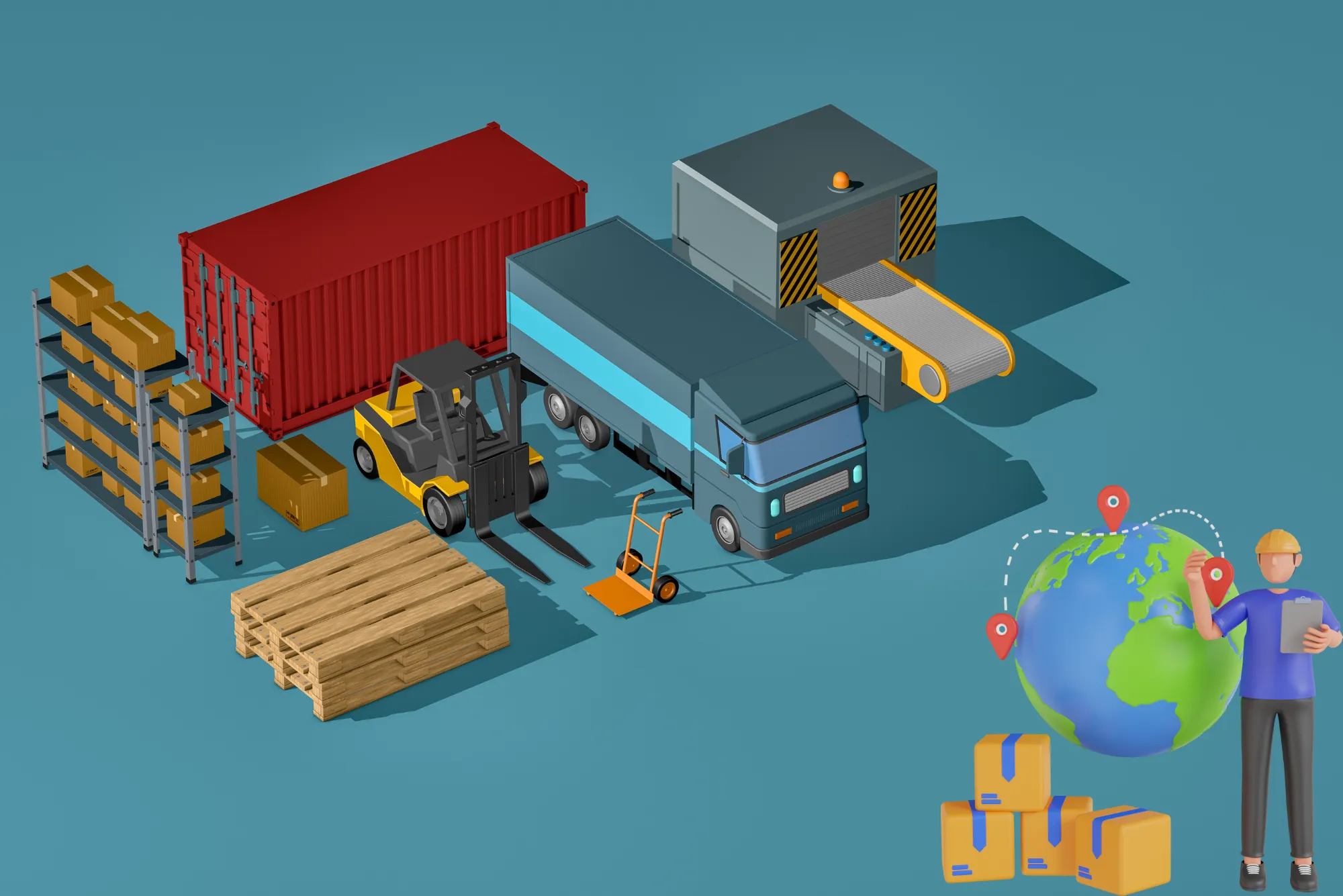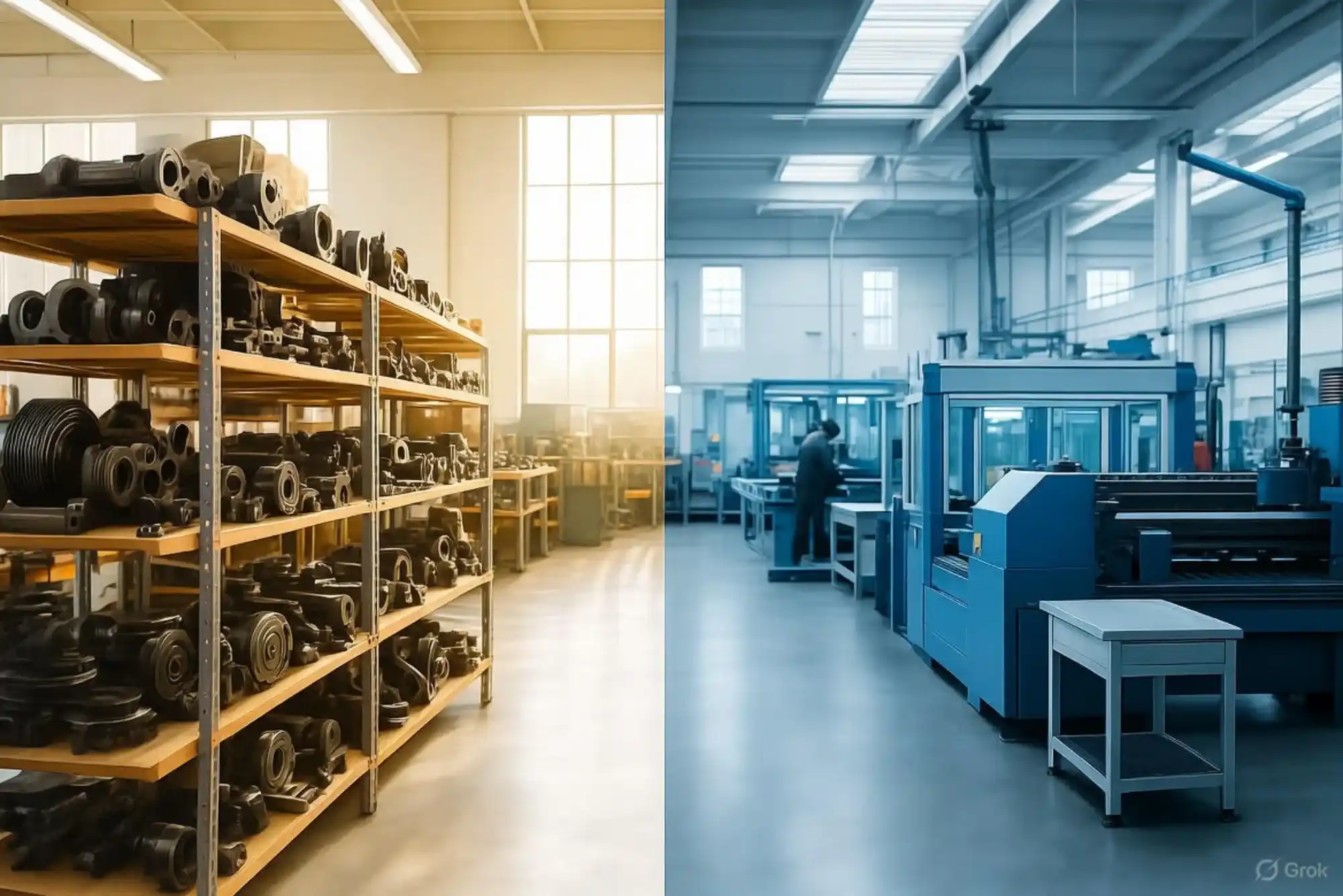The past few years have spotlighted just how critical the supply chain is to the global economy. From raw material shortages to delivery delays, supply chain disruptions have impacted everything—from retail and technology to healthcare and manufacturing. In such a high-stakes environment, industries are increasingly turning to knowledge-sharing platforms like logistic summits to stay ahead.
A logistic summit is more than a conference—it’s a powerful gathering of experts, innovators, and decision-makers in the supply chain and logistics industry. These summits provide a forum for collaboration, learning, and problem-solving on a global scale.
In this article, we’ll explore how logistic summits contribute to industry transformation, what participants can expect from attending, and why they’ve become essential events in today’s fast-changing world.
What Is a Logistic Summit and Why Does It Matter?
At its core, a logistic summit is a high-level industry conference that brings together professionals across the global supply chain. Participants include supply chain managers, logistics experts, freight companies, policymakers, and tech innovators. Their common goal? To tackle current challenges, share best practices, and explore emerging trends.
The logistic summit organized by ConferenziaWorld stands out as one of the most respected forums of its kind. This annual event provides strategic insights into real-time logistics, automation, digital transformation, and sustainable supply chain models—all under one roof.
These summits are more than educational—they are strategic. The logistics landscape is evolving fast, and companies that want to stay competitive must engage in forward-thinking discussions, network with like-minded leaders, and identify new solutions.
Current Challenges Facing Supply Chain and Logistics
The supply chain landscape has faced an unprecedented number of disruptions in recent years. Whether it’s a global pandemic, a geopolitical conflict, or a sudden spike in consumer demand, companies have had to rapidly adapt their operations.
Here are some of the most pressing challenges shaping the agenda at today’s leading summits:
Port congestion and shipment delays
Shortages in labor and materials
Increased transportation and fuel costs
Unpredictable consumer behavior
Digitalization and data security risks
Environmental sustainability pressures
Tackling these challenges requires a coordinated, innovative approach—something that only a focused industry gathering can facilitate. A summit provides the space to address these issues, not in isolation, but as interconnected parts of a global system.
Topics Covered at a Modern Logistic Summit
Today’s logistic summits are dynamic, content-rich, and forward-focused. They offer multi-day programs with keynote speeches, technical panels, case studies, networking breaks, and hands-on workshops.
Typical focus areas include:
Digital supply chain transformation: How AI, IoT, and blockchain are reshaping logistics.
Sustainability initiatives: Carbon-neutral logistics, green warehousing, and waste reduction.
Resilient infrastructure: Preparing for global shocks and building flexible supply chains.
Automation and robotics: The rise of smart warehouses and autonomous delivery solutions.
Global trade policy: Navigating international regulations and tariffs.
Last-mile delivery: Improving speed, reliability, and cost-efficiency.
A well-organized logistic summit gives attendees both a macro and micro understanding of these trends. Whether you’re an executive or a technical expert, you walk away with real, applicable knowledge.
The Importance of Conferences in the Supply Chain Industry
The supply chain and logistics industry is not static—it is shaped by constant evolution and interconnectivity. Conferences are critical because they allow companies to move beyond reactive problem-solving and into strategic planning.
By attending conferences like the Supply Chain and Logistics Conference in Germany, professionals stay informed on regulatory changes, technological innovation, and shifting customer expectations.
Moreover, these events provide powerful networking opportunities. Decision-makers, vendors, and thought leaders can connect face-to-face, often leading to business deals, strategic alliances, or innovation partnerships.
Global Participation: A Diverse View of Logistics
One of the biggest strengths of international summits is the diversity of viewpoints. A shipment manager from Singapore brings different experiences to the table than a supply analyst in Europe or a tech vendor in North America.
This global lens is key to understanding how localized issues affect global outcomes—and vice versa. When logistics experts from around the world gather, they’re able to identify not only solutions, but scalable models for resilience and innovation.
Benefits of Attending a Logistic Summit
So what’s in it for attendees? Why invest time and resources to join a summit?
Here are the most compelling reasons:
Stay competitive: Learn about the latest tools, software, and strategies shaping the industry.
Benchmarking: Understand how your company’s performance stacks up against industry leaders.
Build partnerships: Meet potential suppliers, vendors, and clients face-to-face.
Improve strategy: Gain practical insights that can shape supply chain planning and execution.
Professional development: Enhance your skillset and gain a broader perspective of global logistics.
Companies that send delegations to these events often return with actionable insights that result in cost savings, efficiency improvements, or better risk management strategies.
Why Germany Leads in Supply Chain Conferences
Germany remains one of the central hubs for European logistics. Its strategic location, robust transportation infrastructure, and industrial base make it a natural venue for hosting international supply chain events.
The Supply Chain and Logistics Conference in Germany offers an ideal setting for dialogue between Eastern and Western markets. Attendees benefit from high-level panels, access to cutting-edge technology showcases, and exposure to global trends.
Furthermore, the German logistics market itself is a model of efficiency—making it a great case study for companies from across the globe.
Looking Ahead: The Future of Logistics and Supply Chain Events
The COVID-19 pandemic redefined how events are organized, prompting a rapid shift to digital platforms. While virtual summits served their purpose, in-person logistics events have come roaring back—with hybrid formats leading the charge.
Future summits are expected to feature:
Virtual integration: Digital platforms to expand accessibility for global audiences.
Sustainability tracking: Carbon-neutral events with offset programs.
Data-driven experiences: Personalized agendas powered by AI matchmaking tools.
Real-time collaboration tools: Attendees contributing to white papers and case studies on-site.
Globalized content: Speakers and topics that reflect a truly international perspective.
As logistics grows more complex, the role of summits becomes even more critical. They will no longer be optional—they’ll be integral to staying relevant.
Final Thoughts
In a world that depends on timely, efficient, and resilient supply chains, knowledge is your most powerful tool. Participating in a well-curated logistic summit can give your team a competitive edge, unlock new efficiencies, and prepare you for what’s next.
Meanwhile, being part of the broader conversation on supply chain and logistics at international forums helps businesses see beyond their silos and adopt best practices that are already driving transformation globally.
Whether you’re a manufacturer, distributor, tech developer, or policy expert, these summits offer unmatched value. So, consider making them a part of your strategic calendar—not just for today’s challenges, but for tomorrow’s opportunities.





